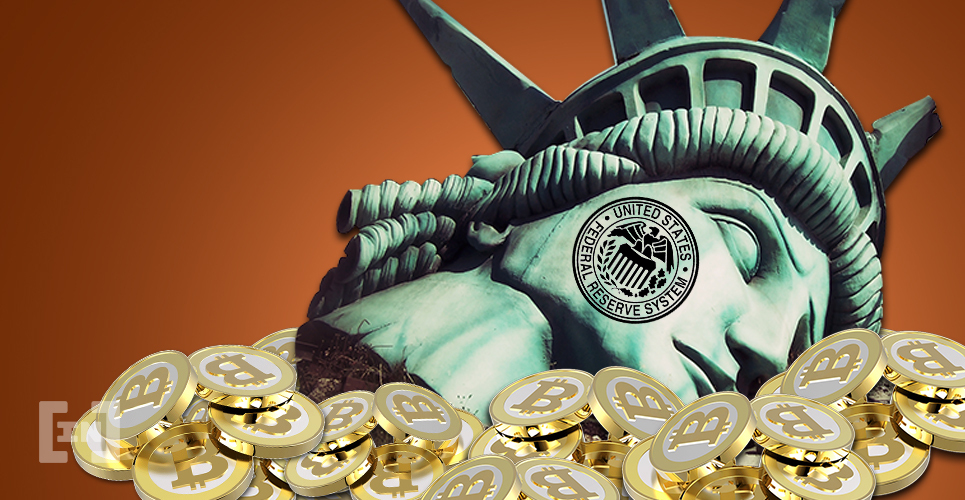2023-3-21 03:00 |
Governor Ron DeSantis of Florida has proposed legislation that aims to protect residents of the state from the potential risks associated with a central bank digital currency (CBDC) and the increased government surveillance that may come with it.
Governor DeSantis has expressed his concerns regarding the potential risks associated with a central bank digital currency, including the possibility of increased government surveillance and the loss of individual privacy.
Additionally, he has argued that the use of CBDCs may threaten the financial system’s stability and could lead to inflation. He argued:
Today’s announcement will protect Florida consumers and businesses from the reckless adoption of a ‘centralized digital dollar’ which will stifle innovation and promote government-sanctioned surveillance.
Florida Follows Texas Steps To Prevent The Issuance Of CDBCsGovernor DeSantis’ proposed legislation is the latest instance of states taking measures to counter perceived threats from the federal government in response to the potential issuance of a CBDC. Other states, such as Wyoming and Texas, have taken action regarding these assets in 2021.
Texas passed a law in May 2021 that forbids government entities from mandating individuals to provide their identifying information for accessing or using digital currencies. Additionally, the law prohibits the state from confiscating digital currencies unless linked to criminal investigations.
Similarly, in March 2021, Wyoming passed a law acknowledging digital currencies as property and establishing a legal framework for their ownership and use. Additionally, this law includes provisions aimed at safeguarding user privacy, such as prohibiting the disclosure of personal information about digital currency transactions.
CBDC Ban To Protect Consumers’ InformationThe actions taken by Texas and Wyoming are similar to what Governor DeSantis aims to achieve in Florida, which is in opposition to the executive order issued by President Joe Biden in 2022. This order mandates the government to evaluate the advantages and disadvantages of developing a central bank digital currency, as reported by Reuters.
According to DeSantis’ proposal, a federally sanctioned CBDC, as suggested by the Biden administration, would reduce the role of community banks and credit unions in the U.S. financial system. This is because CBDCs would be a direct liability of the federal government rather than of a chartered financial institution, which could reduce market lending power. He claimed:
Unlike a decentralized digital currency, a CBDC is directly controlled and issued by the government to consumers, giving government bureaucrats the ability to see all consumer activity and the power to cut off access to goods and services for consumers.
Governor DeSantis’ proposed legislation could potentially be motivated by political considerations, as well as the protection of consumer information. While he has not officially announced his candidacy for the Republican presidential race, DeSantis, alongside former President Donald Trump, is considered one of the top contenders for the GOP nomination. According to a CNN report, the contest may be a race between the two conservative leaders.
Featured image from Unsplash, chart from TradingView.com
Similar to Notcoin - Blum - Airdrops In 2024
Digital Rupees (DRS) íà Currencies.ru
|
|














